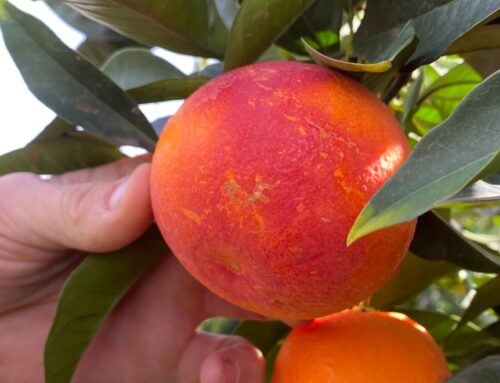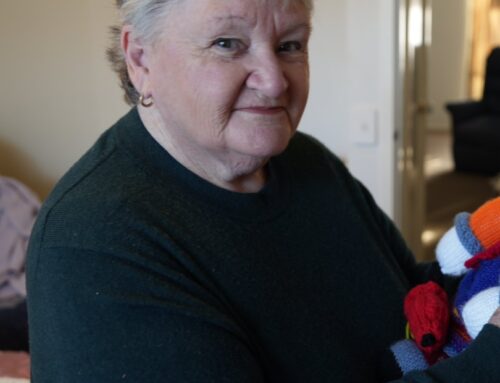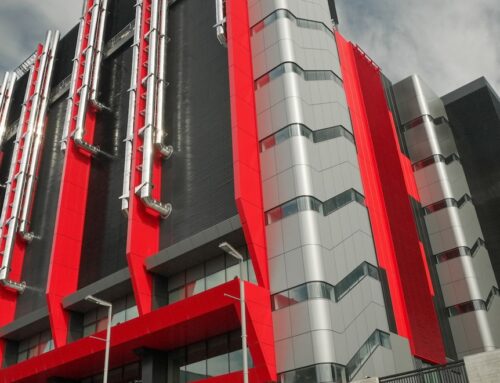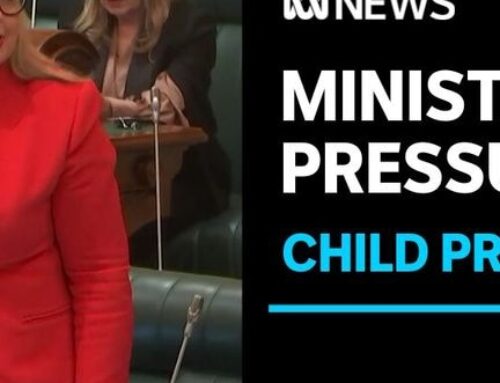Sun, sand, the lure of water, and waves that carry you weightless to the shore.
The beach is an idyllic escape for some, but Shane Hryhorec says it can make others feel “locked out of life”.
“The beach can make someone with a disability feel very disabled,” he said.
The former surf lifesaver said his love of the ocean drives his passion to make Australian beaches available to everyone.
“I think people with disabilities typically have a love-hate relationship with the beach,” he said.
Australia has around 12,000 beaches but only 150 have some form of access for people with disabilities.
A petition organised by Accessible Beaches, a charity founded by Mr Hryhorec, is calling on the federal government to increase funding and support to councils and surf life saving clubs to make beaches more accessible.
Mr Hryhorec said he started Accessible Beaches to address a wave of need along Australia’s coastline.
He offers his lived experience and consulting advice to governments and other organisations.
According to Australian Bureau of Statistics figures from 2019, 4.4 million Australians identify as living with a disability.
This includes mobility, sensory and visual challenges.
In addition to people with a disability, getting to the beach is also a challenge for the country’s rapidly growing aging population.
“When you get older, you just assume when your hip starts playing up and your foot, you just stop going to the beach … that doesn’t have to be the case when a beach is made accessible,” Mr Hryhorec said.
A ramp to nowhere
Mr Hryhorec believes councils and governments are missing the mark when it comes to making a beach accessible.
“Some councils are very proactive, others have a very tokenistic approach,” he said.
“Like with Bondi Beach, they’ve got beach matting and beach wheelchairs, but it’s not easily accessible and if you ever go to Bondi beach, you’ll see their matting is never out.”
In a statement, a spokesperson for Waverley Council says the beach matting at Bondi Beach is rolled out “depending on the weather and tide conditions”.
The spokesperson says the beach offers a ramp for wheelchairs, accessible showers, toilets, disability parking areas, two beach wheelchairs and wheelchair lockers.
A beach mat stops a wheelchair from sinking into soft sand, providing access all the way onto the beach itself.
They also provide safe passage to the water’s edge for those with sensory, visual or other mobility issues.
Disability advocates want beach matting to become a standard feature where possible in all coastal Australian towns.
Elite athlete David Munk would like to see more accessibility for wheelchair users in his home town of Byron Bay.
The world champion skier and adaptive surf title holder relies on friends and passers-by to help him get back up the steep boat ramp that he uses to access his local surf break.
“The only reason we surf [at the Pass] is because [there’s] a boat ramp, it’s not like the council did anything to make it accessible,” Munk said.
Life’s possibilities
For those with access issues, being able to use the beach is a joy.
Katie Aspinall grew up in the water, swimming at state level and surfing, but that came to a halt when she suffered a massive seizure in 2022
She now uses a wheelchair after being diagnosed with Functional Neurological Disorder.
A recent all abilities beach day at Mooloolaba got her back in the ocean, which she said gave her a sense of life’s possibilities.
“It was like an open door, I can actually do things, even if I can’t use my legs, I can still enjoy life in a wheelchair,” she said.
Adapting for the Adaptive world titles
Byron Bay is preparing to host the Adaptive Surfing Professionals World Championship on March 17.
Organiser, five-time world champion and amputee Mark Stewart said access was not perfect in Byron Bay, especially for wheelchairs, but he hoped that was changing.
“It’s been good working with the council and they’ve been coordinating ramps getting rebuilt and changing the gradients to make it more wheelchair friendly,” he said.
After losing his leg at 16, the water became Mr Stewart’s solace.
“On land, you can see our physical disabilities, but we get in the ocean, you can’t see it,” he said
“You can relax out there, because no one knows that you have a disability.”
Stewart said he was “stoked” Byron Bay was hosting the event, not least because the town could learn valuable lessons from the less able-bodied community.
“[The event will host] 85 athletes from 16 nations — their outlook on life is just so amazing,” he said.
“[They] live life to the fullest, they bring that enthusiasm, they’re hugely open people and more than willing to talk about their experiences.”
Get our local newsletter, delivered free each Friday
Posted , updated




